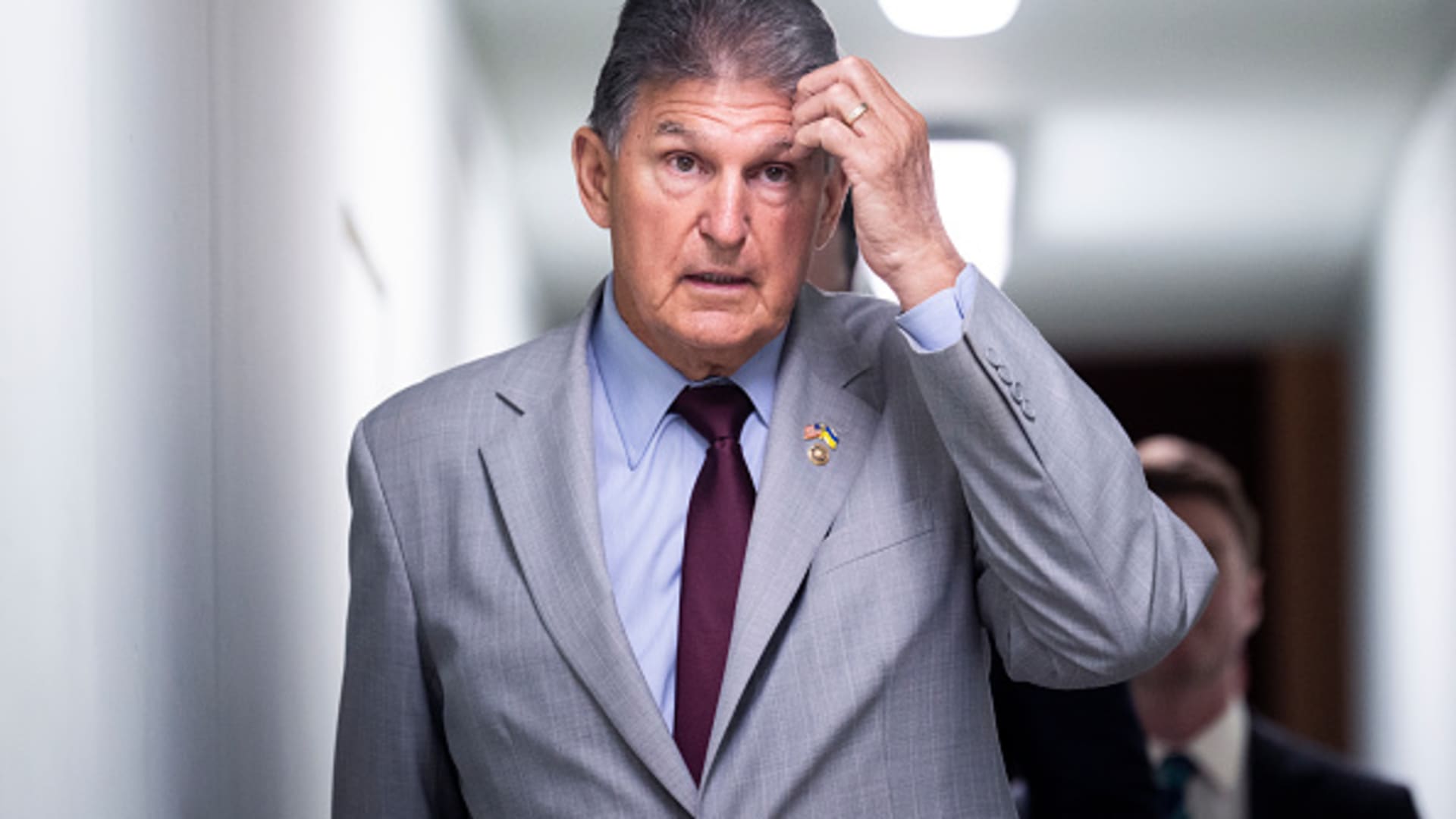One of two men accused of impersonating federal law enforcement officials in a scheme that duped Secret Service agents and others pleaded guilty Monday to multiple charges in Washington, DC
Arian Taherzadeh’s plea came nearly four months after his arrest with a second man, Haider Ali, exposed allegations that they compromised Secret Service agents with access to the White House — including at least one assigned to protect first lady Jill Biden.
It also revealed a cache of weapons and police equipment at apartments the two Washington men maintained.
In addition to federal conspiracy, Taherzadeh, 40, as part of his plea, also admitted guilt to two District of Columbia offenses: unlawful possession of a large-capacity ammunition-feeding device and voyeurism.
The latter charge relates to his unauthorized videotaping of women having sex in apartments he leased and rigged with surveillance cameras.
Taherzadeh’s sentencing date has not been scheduled. He faces a maximum sentence of five years in prison, but federal sentencing guidelines stipulated in his plea agreement suggest he receive a prison term of between 37 months and 46 months.
As part of his plea agreement, Taherzadeh agreed to cooperate with federal authorities in their ongoing investigation. He remains free, but cannot leave his home, with few exceptions, as a condition of his court-ordered release of him after his arrest of him.
Prosecutors said he concocted his elaborate series of fake claims of being a federal agent to obtain multiple apartments for which he failed to pay rent, to promote his own security company and to ingratiate himself with current federal officers.
Ali, 36, has pleaded not guilty to charges of false impersonation of a federal officer, and to unlawful possession of a large-capacity ammunition-feeding device in the case, which is pending in US District Court in Washington. Ali is also under effective house arrest.
Prosecutors said that a third person, who was not identified in court filings, participated in the scheme.
Taherzadeh in 2018 created a purported private investigative agency called the United States Special Police, which despite its name was not associated in any way with the US government, prosecutors said.
From late 2018 through April, Taherzadeh falsely claimed to be a special agent with the Homeland Security Department, a member of a federal task force, a former US Air Marshal, and an ex-Army Ranger, according to court filings.
He used those claims to cozy up to Secret Service agents, some of whom he gave gifts, which included a generator and a “doomsday” backpack to one agent, and the use of two rent-free apartments for about a year to two other agents , prosecutors said.
In all, the gifts to members of the Secret Service were worth more than $90,000, prosecutors said.
Taherzadeh’s company obtained leases for multiple apartments in three residential complexes in Washington, but did not pay rent, parking fees and other costs, leading to more than $800,000 in losses to the complexes’ owners, filings say.
And “Taherzadeh installed surveillance cameras outside and inside his apartment in one of the complexes,” the US Justice Department said in a press release.
“Among other places, he installed, maintained, and utilized cameras in his bedroom. He used these cameras to record women engaged in sexual activity. Taherzadeh then showed these explicit videos to third parties,” according to the release.
Four members of the Secret Service were placed on administrative leave pending further investigation after the arrest of Taherzadeh and Ali.
.


